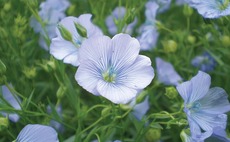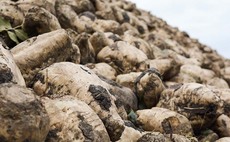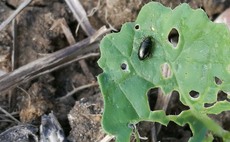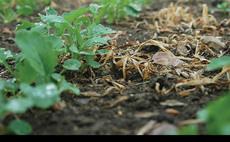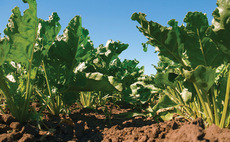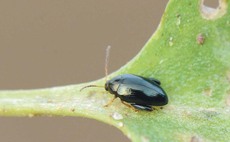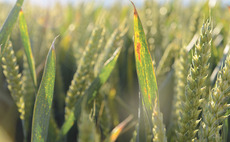Neonicotinoids
Arable
Significant differences have been identified in the resistance of leading commercial oilseed rape varieties to cabbage stem flea beetle (CSFB) feeding.
Arable
The UK’s winter linseed area is set to more than double on last year as growers look to alternative break crops to oilseed rape.
Arable
It has been a disappointing start to sugar beet harvest for Lincolnshire grower, Tilly Ireland who began lifting the 280-hectare crop slightly early after the Newark British Sugar factory opened on September 22.
Arable
Earlier drilled oilseed rape crops have managed to get up and away from early cabbage steam flea beetle (CSFB) grazing this season, but later drilled crops in some parts of the country are starting to suffer.
Arable
Early drilled oilseed rape (OSR) crops benefited from good weather conditions in August giving them an early boost ahead of cabbage stem flea beetle (CSFB) migration, although some crops have started to receive a hammering
Arable
This Government’s sugar plans, whether changing the tariff regime or refusing to reconsider the neonics ban for beet, prove no Minister is backing British farming, says Leicestershire arable and beef farmer Joe Stanley.
Arable
Oilseed rape area is set for further decline after catastrophic yields have left many growers pulling the plug on the crop.
Arable
The UK Government has said it plans to keep the ban on using neonicotinoids to protect sugar beet, as France granted a three-year derogation to begin in the 2021 campaign.
Arable
A review of evidence and new trials work have revealed the factors most likely to influence cabbage stem flea beetle (CSFB) pressure in winter oilseed rape.
Arable
BYDV management, yield expectations and drilling dates were among the topics raised at the AHDB East Anglia Monitor Farms summer meeting.

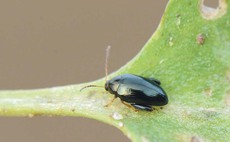
 07 November 2020
•
2 min read
07 November 2020
•
2 min read
